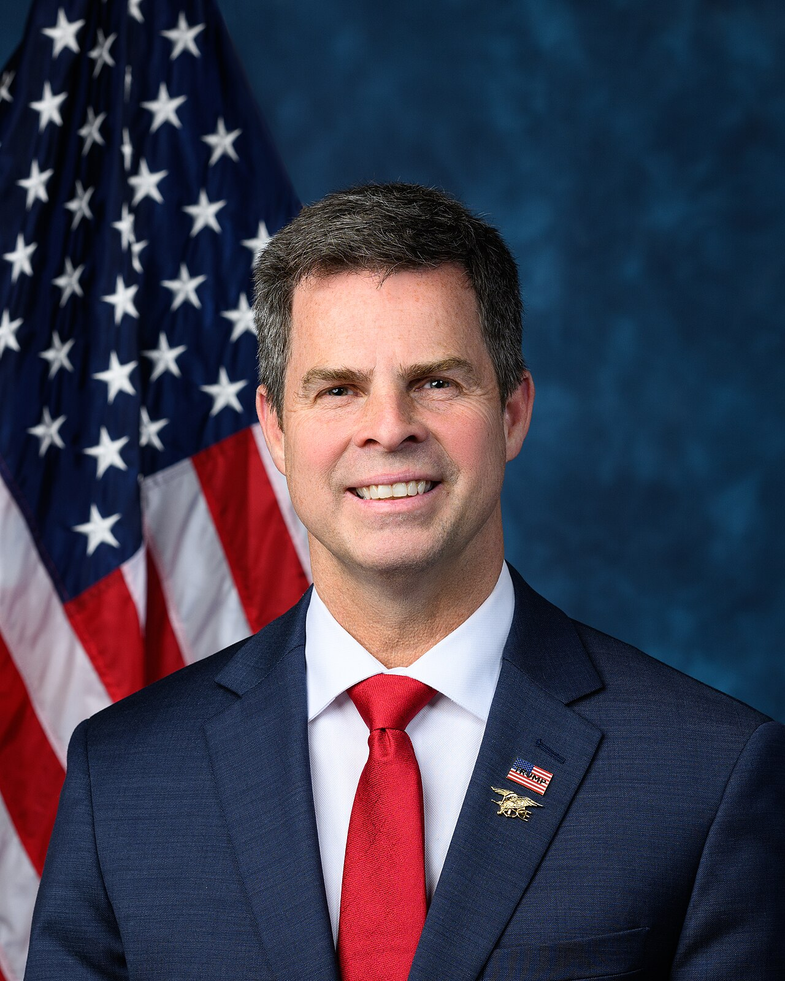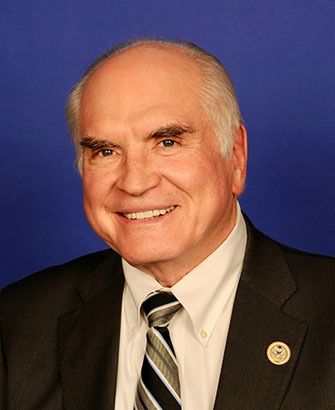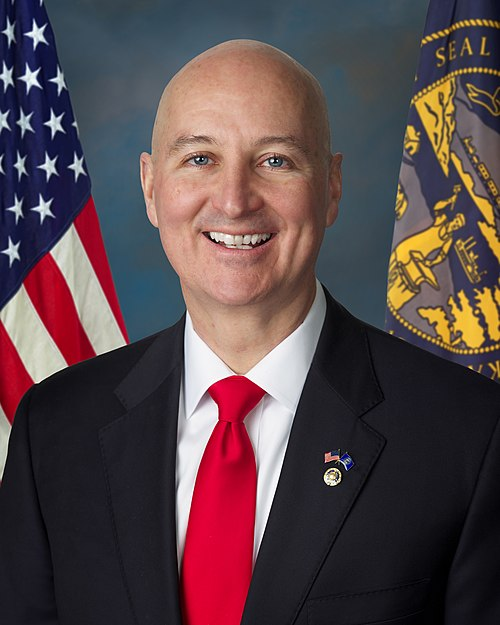H.R. 127: Protection from Obamacare Mandates and Congressional Equity Act
This bill, titled the Protection from Obamacare Mandates and Congressional Equity Act, proposes several changes to the health insurance requirements established under the Affordable Care Act (ACA). The main provisions of the bill are summarized below.
Exemption from Individual Mandate
The bill introduces an exemption to the requirement that individuals maintain health coverage, specifically for those living in counties that have fewer than two health insurance providers offering plans on the ACA exchanges. If an individual resides in such a county, they are deemed to not have to comply with the individual mandate for a given calendar year.
- New Definition of Applicable Individuals: The exemption applies to any person who is considered an “applicable individual” living in a county with less than two insurers providing health plans.
- Aggregation Rules: When determining the number of health insurance issuers, certain issuers may be treated as one single issuer under specific tax regulations.
- Effective Date: The exemption would take effect starting from the month after the bill’s enactment.
Requirements for Congressional Members and Staff
The bill modifies provisions related to health insurance coverage for Members of Congress and certain executive branch personnel, significantly emphasizing their obligations under the ACA.
- Mandatory Enrollment: Members of Congress, their staff, the President, the Vice President, and political appointees must abide by the ACA regarding their health insurance coverage. This establishes a requirement for these groups to obtain health insurance through the ACA exchanges, mirroring what is expected of the general public.
- No Government Subsidy: These officials will not receive any government contributions towards their health coverage, which means they would have to fund their insurance entirely themselves.
- Credit and Cost-Sharing Limitations: Individuals covered under this provision will not be eligible for certain tax credits or reduced cost sharing that might otherwise be available to people in similar situations who are not part of the congressional health coverage system.
- Restrictions on Member Discretion: Members of Congress will have no discretion in deciding which of their staff are eligible for health insurance through the ACA exchanges, meaning this will be distinctly regulated rather than determined by individual members.
- Clarification of Employer Status: The bill clarifies that Congress does not qualify as a small employer for purposes of health coverage enrollment in exchanges.
Implications
The changes proposed in this bill would have a direct impact on individuals in specific counties with limited insurance options, as well as on Members of Congress and their staff, enforcing greater equity and compliance with the ACA regulations.
Relevant Companies
- CNC - Centene Corporation: As a major provider of health insurance, Centene could see fluctuations in enrollment and potentially impact their business strategies if counties with limited coverage grow in number.
- UNH - UnitedHealth Group: UnitedHealth, as one of the largest health insurers, may face challenges in markets where the number of providers decreases due to changes in regulatory requirements.
- AET - Aetna Inc.: Aetna's decision-making regarding market participation may be affected by how the individual mandate operates under this bill.
This is an AI-generated summary of the bill text. There may be mistakes.
Sponsors
1 sponsor
Actions
2 actions
| Date | Action |
|---|---|
| Jan. 03, 2025 | Introduced in House |
| Jan. 03, 2025 | Referred to the Committee on Ways and Means, and in addition to the Committees on Energy and Commerce, House Administration, and Oversight and Government Reform, for a period to be subsequently determined by the Speaker, in each case for consideration of such provisions as fall within the jurisdiction of the committee concerned. |
Corporate Lobbying
0 companies lobbying
None found.
* Note that there can be significant delays in lobbying disclosures, and our data may be incomplete.


































